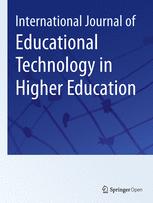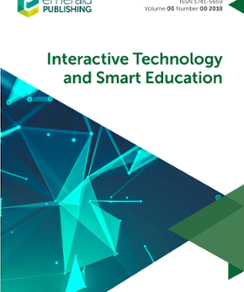An edited volume by
Carmela Aprea (University of Mannheim) and Dirk Ifenthaler (University of Mannheim, Curtin University)
to be published by Springer, Cham
Introduction
Over the past two decades game-based learning has grown increasingly into a popular instructional approach due to its power to motivate and engage students in complex learning, such as problem solving, decision making and metacognitive thinking. There has been a lot of effort to design and develop educational games or to use existing commercial entertaining games to create a game-based learning environment. Despite some ongoing debates about the positive or negative impact of digital games perceived by many people, there is sufficient empirical evidence to support the benefits of digital games (including video and computer games) for learners on several aspects, such as cognitive (Amory et al., 1999; Eseryel, Ge, Ifenthaler, & Law, 2011; Navarrete, 2013; Shaffer, 2006), motivational (Navarrete, 2013; Johnson, 2010), emotional (Virvou, Katsionis, & Manos, 2005), and social domains (Granic, Lobel, & Engels, 2014). Since games have such capability and power to motivate and benefit their cognitive thinking, educational researchers have attempted to capture the fun, challenges and engagement of gaming experience to be applied to learning and instruction (e.g., Amory et al., 1999).
Accordingly, the capabilities and possibilities of emerging game-based learning technologies bring about a new perspective of learning and instruction. The purpose of this edited volume is to map how various disciplines such as Economics, Business Administration, Management, STEM, Social Science or History exploit the benefits of game-based learning, but also which specific challenges they encounter and how they cope with them.
This edited volume is part of the Advances in Game-based Learning book series (https://www.springer.com/series/13094) and will focus on epistemological, theoretical and empirical issues of game-based learning in various disciplines. It may encompass questions of game design as well as instructional integration and organizational implementation of game-based learning across those disciplines. Contributions from different levels of the formal educational system (i.e., primary, secondary and tertiary education) are welcomed. The same applies to contributions that use game-based learning in informal learning settings.
Call for Proposals
Prospective authors (co-authors are welcome) are invited to submit a chapter proposal, including title, authors, affiliations, abstract (max. 300 words), five keywords, three key references and a description of how the chapter fits the theme of the book (see above), no later than 31 March 2020 to Dirk Ifenthaler (dirk@ifenthaler.info).
The proposed chapter should be a previously unpublished work. Upon acceptance of the chapter proposal, the chapter should be completed no later than 31 July 2020. Contributions will be blind reviewed and returned with comments by 15 September 2020. Finalised chapters are due no later than 01 November 2020.Guidelines for preparing chapters will be sent to authors upon acceptance of the proposal.
Timeline
The following represents a timeline for completing the edited volume:
- 31 March 2020: Proposal due including title, authors, affiliations, abstract, keywords, references, theme
- 15 April 2020: Notification and additional information for accepted authors
- 31 July 2020: Draft chapters due
- 15 September 2020: Chapters returned with reviewers’ comments
- 01 November 2020: Final chapters due
- Beginning of 2021: Publication of the edited volume
Please forward your inquires and submissions to:
Professor Carmela Aprea
University of Mannheim
Email: aprea@bwl.uni-mannheim.de
Professor Dirk Ifenthaler
University of Mannheim and Curtin University
Email: dirk@ifenthaler.info


